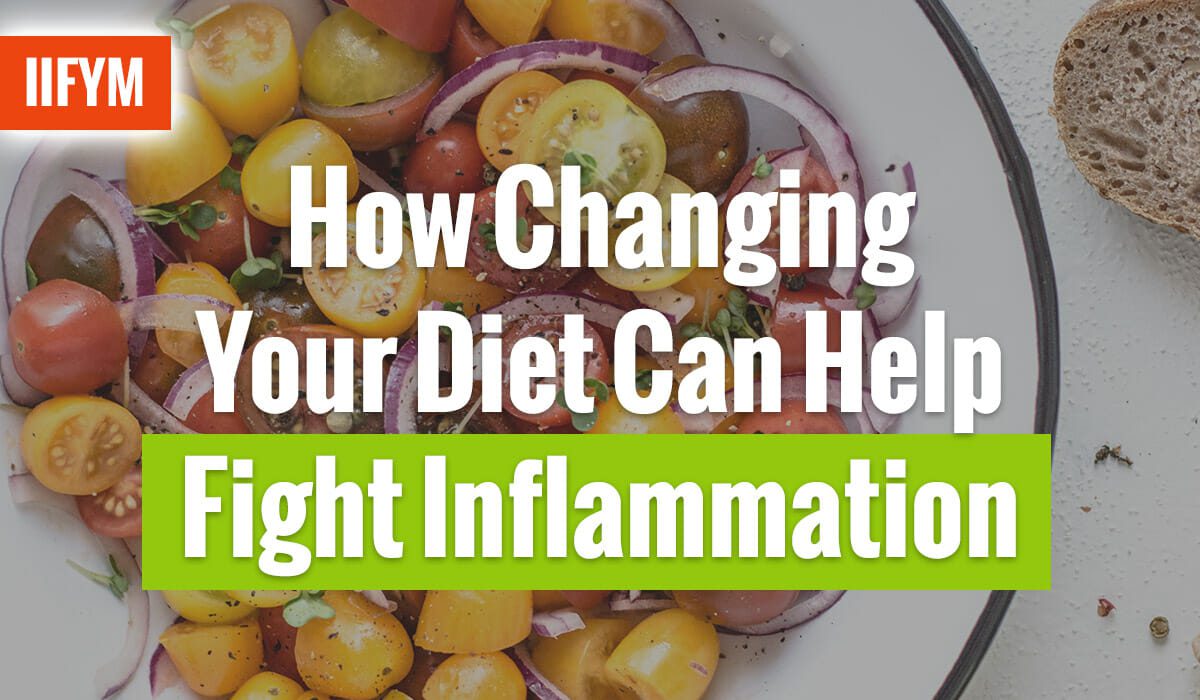Recent research suggests that chronic high levels of inflammation may be a primary factor in many of the chronic diseases our country is currently facing.
Chronically high levels of inflammation have been linked to cancer, diabetes, cardiovascular disease, rheumatoid arthritis, leaky gut syndrome, irritable bowel syndrome and many more (1).
While initially, these findings may be frightening, there is also a sense of excitement in the fields of medicine and nutrition because it seems that simply by changing your diet and lifestyle habits, you can significantly reduce inflammation.
In this article we present you with an evidence-based approach, looking into how changing your diet and lifestyle habits can help fight inflammation!
Also, changing your diet takes a first step, here’s our macro calculator to start the process.
Taking A Look at Your Current Diet To Fix Inflammation
Before we can dive into the anti-inflammatory effects of certain foods and styles of eating, we must first analyze the current western diet to discover how we put ourselves in this position in the first place.
While all foods are ok in moderation like we preach at IIFYM, sadly most people’s intake now consists of excessive amounts of unnatural saturated fats, omega-6 fatty acids, reduced omega-3 fat intake, few vegetables and whole foods and perhaps most importantly, far too much-refined sugar (2).
Over the long term, high amounts of sugars can lead to issues such as insulin resistance and diabetes and have also been shown to directly increase inflammation.
While we don’t believe that you must eliminate sugar or go low-carb here at IIFYM. There’s no doubt that extremely large amounts daily can cause issues, especially if it leads to weight gain from a continuous calorie surplus.
Whole Grains, Less Refined
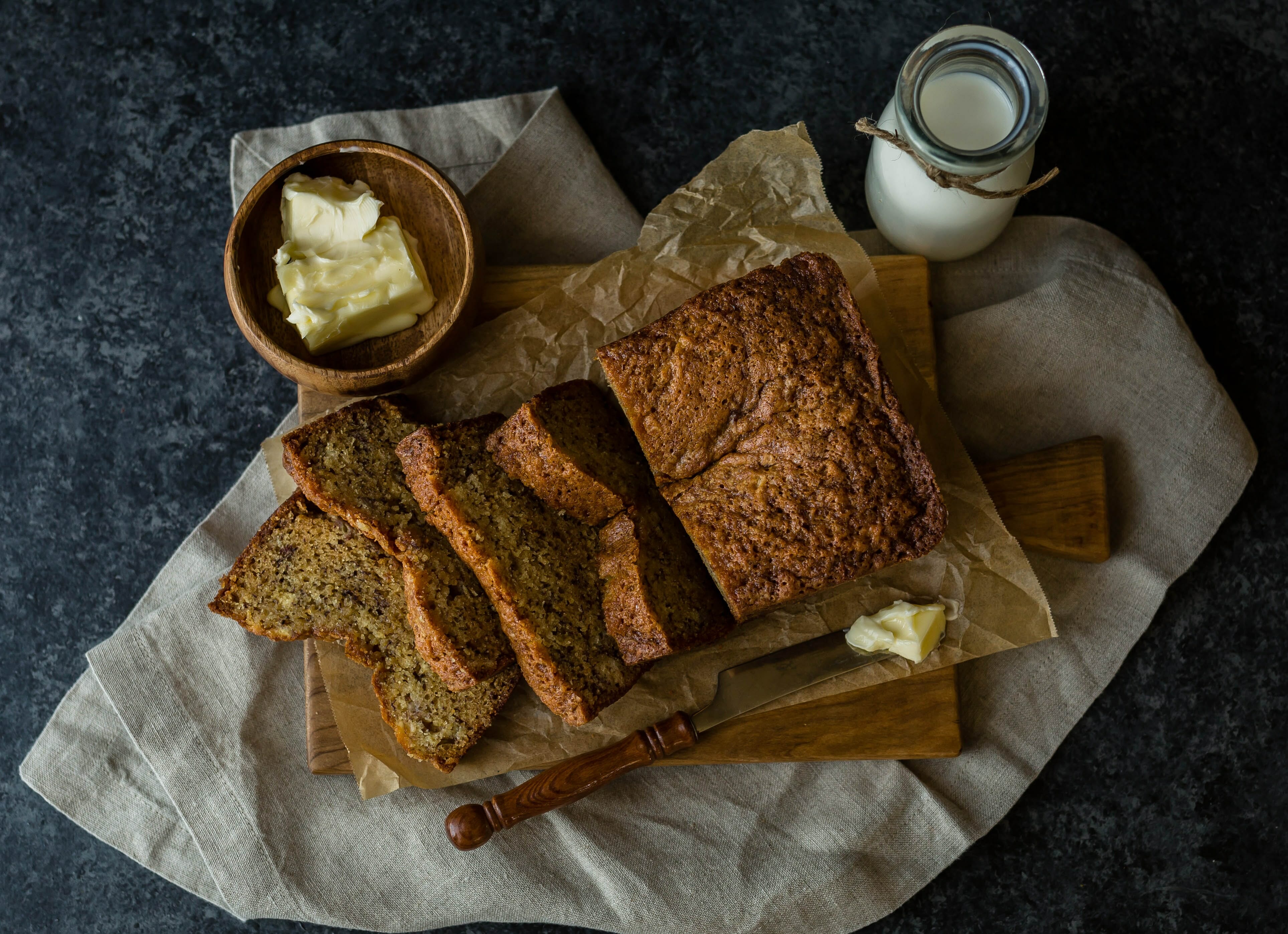
One study compared the inflammatory effects between whole grains and refined grains. Scientists used several markers in the blood to assess inflammation and found all markers of inflammation, including plasminogen activator inhibitor type 1 (PAL-1) and C-reactive protein (CRP), were higher in the refined grain participants (3).
As you can see, one quick change you can make in your diet to reduce inflammation is to simply reduce refined grains and sugars, replacing them with whole grains or other whole foods. It’s also important to note that these foods don’t need to be fully removed; this can be hard to adhere to long-term.
Limit your refined grains and increase the consumption of foods high in fiber and micronutrients.
For example, using a flexible dieting approach and basing the majority of your carb sources on whole grains, with a smaller amount of sugar/refined grains, will still improve inflammation without causing long-term adherence issues.
Examples of Refined Grains – What to Minimize
- White bread
- Grits
- Cornbread
- Pretzels
- Spaghetti
Examples of Whole Grains – What to Eat Instead
- Brown/wild rice
- Whole grain oatmeal
- Whole wheat bread
- Barley
- Popcorn
- Quinoa
Whole grains are also typically high in fiber and may aid in fat loss as well as reduce inflammation. For more information on the benefits of a high fiber diet check out this article on IIFYM
Other Dieting Approaches to Fix Inflammation
In addition to monitoring your grain intake, you can also reduce inflammation levels by altering your overall diet, specifically the fat and vegetable intake. Two diets particularly high in fat and vegetable intake that have been shown to reduce inflammation are the Mediterranean & Ketogenic Diets.
While we usually don’t recommend a low-carb diet at IIFYM, it may be suitable for those who love the diet and have high levels of inflammation.
Mediterranean Diet for Inflammation
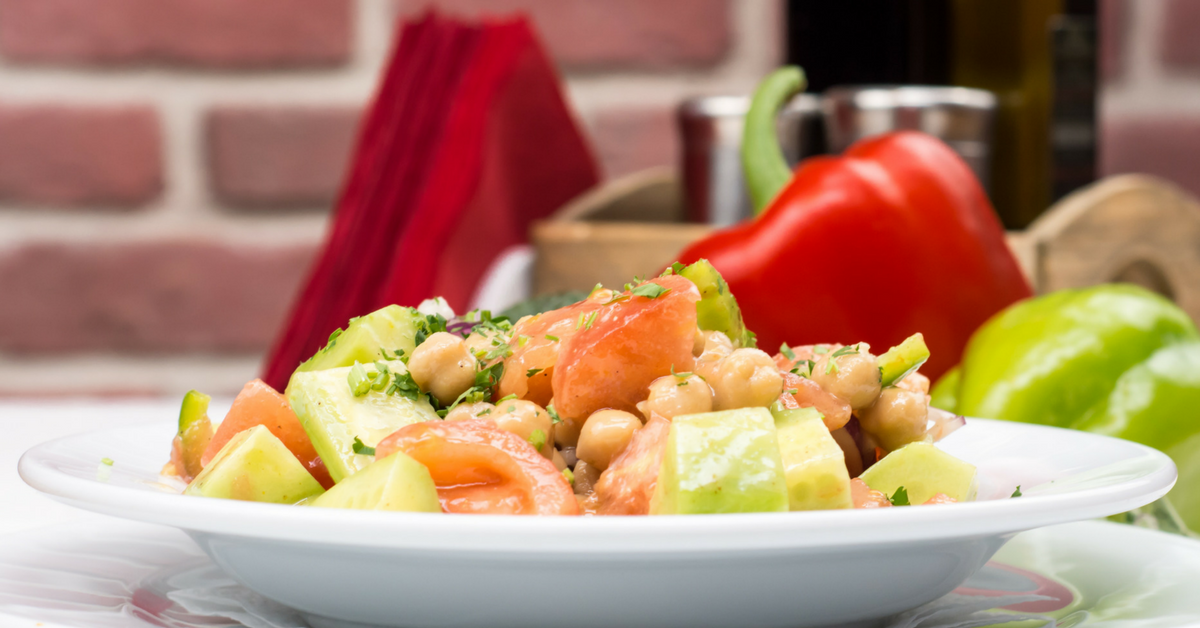
The Mediterranean diet originated in southern Europe and consists of mainly of olive oil, vegetables, legumes, cereal, fish and even red wine.
As a result of its low carbohydrate intake, coupled with higher fat and vegetable intake, it has been shown to produce a 9% reduction in cardiovascular mortality, 6% reduction in cancer and 13% reduction in Parkinson’s and Alzheimer’s disease. (4)
One group of researchers decided to study the effects on inflammation of a Mediterranean diet compared to a western diet.
Two years after following their respective diets the Mediterranean group had significantly lower levels of HS-CRP, IL-6, IL-7, IL-8 (blood inflammation markers) compared to the western group (5).
These results have been reproduced time and time again. Another group of Greek researchers examined the effects of a Mediterranean diet. These researchers noted 20% decreases in HS-CRP levels coupled with 17% decreases in IL-6 levels (6).
Importantly, both the Mediterranean and Ketogenic diets have proved to be successful weight loss diets which is also closely linked to inflammation, especially if an individual has an unhealthy level of body fat or is obese. It’s also worth noting that a well designed IIFYM diet that also creates significant weight loss can lower inflammation.
Example Foods in Mediterranean Diet
- Olive oil
- Avocados
- Grapes
- Nuts
- Legumes
- Tomatoes
- Peppers
- Broccoli
- Salmon
- Tilapia
- Shrimp
- Eggs
Ketogenic Diet To Fight Inflammation
The ketogenic diet has previously been used with those who are epileptic, diabetic, obese and those with cancer.
It is classified as a very low carbohydrate, moderate protein, very high-fat diet. Along with treating all the diseases above, the ketogenic diet has also been shown to markedly reduce inflammation. This is likely caused by both the reduction in processed foods and sugar along with an increase in vegetables, healthy fats and blood ketones (7).
…it is important to note that consuming carbohydrates is not bad; in-fact when you receive carbohydrates through whole foods high in fiber, such as vegetables, legumes, and fruits, these foods can also help fight inflammation.
When adhering to a ketogenic diet, your body enters into a metabolic state known as ketosis. As a result, your body produces ketone bodies such as B-hydroxybuterate (BHB) which become the new main fuel source over glucose (blood sugar).
Ketones such as BHB have many benefits; one of them is that they significantly reduce inflammation by inhibiting several certain pro-inflammatory pathways such as NLRP3 inflammasome (8).
Consider These Elements
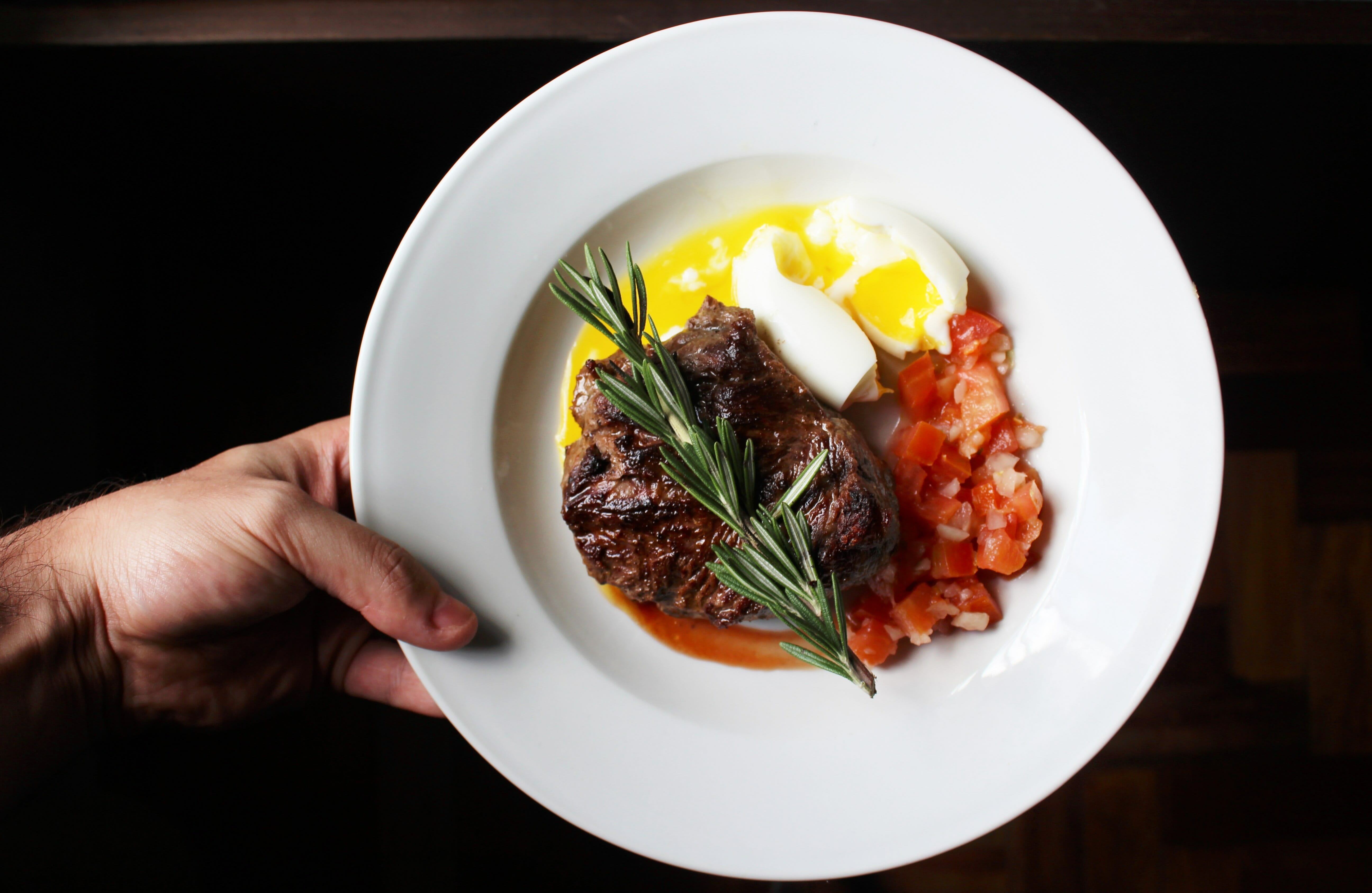
While the research on the ketogenic diet is impressive, it is important to note that it may not be for everyone. Following the ketogenic diet requires strict adherence to a set percentage of macronutrients (75% Fat, 20% Protein, 5% Carbohydrates). While, for some, following these guidelines may not be an issue, it has been extremely tiresome for others.
As you will see us discuss in other articles around IIFYM, it is important to note that consuming carbohydrates is not bad; in-fact when you receive carbohydrates through whole foods high in fiber, such as vegetables, legumes, and fruits, these foods can also help fight inflammation.
The ketogenic diet might be a great alternative diet for those that love it; however for others, a reduction in inflammation is still possible while consuming carbohydrates, moderation must simply be applied. Limit your refined grains and increase the consumption of foods high in fiber and nutrients.
If you’re currently following a low carbohydrate diet, and looking to start or get back on track with an IIFYM approach then you need to check out this article here.
Example Foods High in the Ketogenic Diet
- Eggs
- Bacon
- Beef
- Broccoli
- Kale
- Spinach
- Almonds
- Cashews
- Sardines
- Salmon
- Coconut oil
- Avocado
Supplements To Combat Inflammation
Aside from dietary interventions such as reducing refined grain intake, increasing whole grain and vegetable intake, and the Mediterranean & Ketogenic Diets there are also several supplements which can help.
These supplements, including fish oil, cinnamon, fenugreek, and curcumin, have been shown to reduce inflammation in the research; we will discuss some of the best below.
Fish Oil / Omega 3
Fish oil is a super nutrient that consists of omega 3 poly unsaturated fatty acids. Unless you’ve been hiding under a rock you will probably know that fish oil can fight most diseases, including diabetes and heart disease.
Luckily, they are also potent lipid mediators that play a role in the regulation of inflammation. As a result, supplementing with fish oil has been shown on multiple occasions to reduce the effects of many chronic diseases that are intl; linked with inflammation such as cardiovascular diseases, cancer and rheumatoid arthritis (9).
(As a side note, fish oils contain macros and need to be accounted for while following a diet plan such as a Macro Blueprint.)
The anti-inflammatory effects of fish oil supplementation have been replicated in both human and molecular studies, in which it has been shown to reduce levels of inflammation: IL-6 and CRP (10).
When deciding which fish oil supplement to take, you should look at the ratio between EPA & DHA, a good ratio is 2:1. Consume around 3 grams of EPA/DHA per day, which normally equates to around 5-6 grams of omega 3.
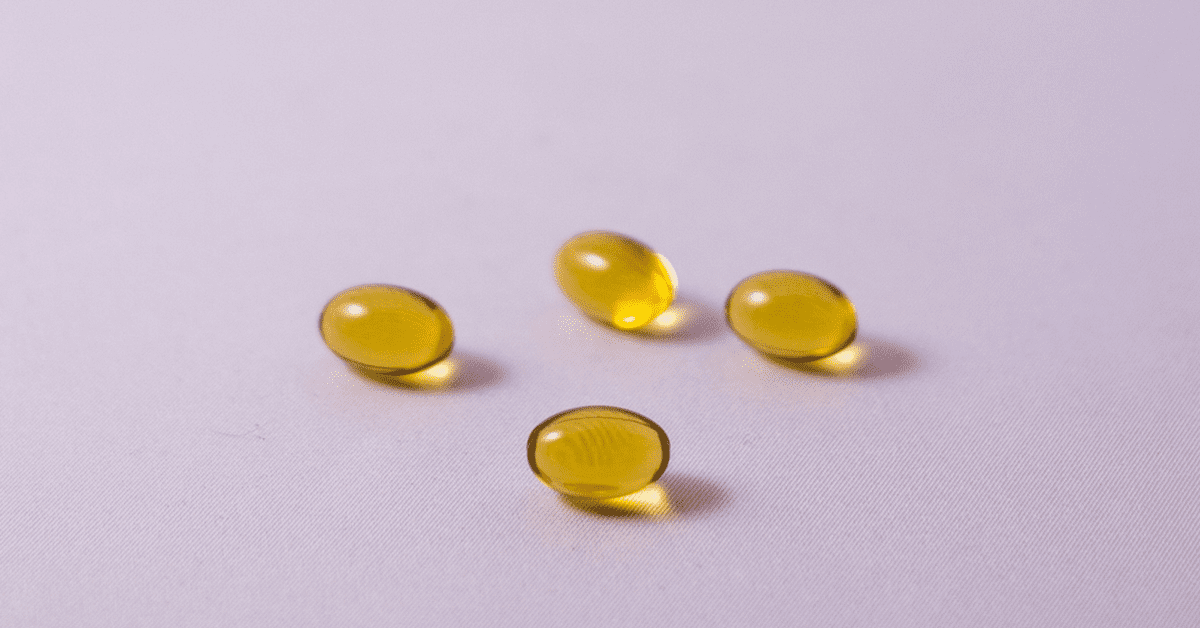
Food sources high in omega 3 include:
- Oily Fish
- Walnuts
- Omega 3 Rich Eggs
Cinnamon
Believe it or not cinnamon is not only tasty but can also provide you with a wide variety of health benefits as well, including reduced inflammation and improved blood sugar tolerance.
A recent investigation concluded that cinnamon has excellent anti-inflammatory properties and may be used in addition to other lifestyle changes in the prevention or treatment of inflammation-related diseases (11).
Next time you’re cooking try adding some cinnamon to your food to spice it up and reduce inflammation!
Fenugreek
Fenugreek is another natural herb-based supplement with some interesting health benefits. It has been reported to have anti-inflammatory effects.
A recent study investigated the anti-inflammatory effects of fenugreek dosed at 100mg/kg a day. These researchers noted that fenugreek had a significant impact on reducing inflammation markers in the blood.
Fenugreek contains large amounts of alkaloids and flavonoids which have been shown in the past to reduce inflammation. Researchers note that it is likely these factors which are responsible for reduced inflammation from fenugreek supplementation (12).
Although supplementation can be useful, achieving your full nutrient needs from your diet is the first line. Our Macro Blueprint has helped our clients achieve this consistently.
Cumin/Curcumin
While in today’s society cumin is primarily used as a spice to increase the taste of foods during preparation, in the past it has been believed to deliver various beneficial health effects.
In folk medicine, cumin seeds have been used to treat a toothache, diarrhea and even epilepsy (13).
As several other societies have used cumin for similar functions one group of researchers sought to investigate the anti-inflammatory effects of cumin in a highly controlled animal model.
These researchers tested 5 different compounds and concluded that cumin showed significant anti-inflammatory activity (14).
These results have been reproduced in various different human and animal models shedding light on the anti-inflammatory effects of cumin (15).
Perform Regular Exercise To Lower Inflammation

It is well known that physical activity helps protect against various different chronic diseases. However, the exact effects that exercise has on inflammation were poorly understood until recently (16).
Acutely, exercise may increase inflammation due to a rise in muscle damage and by-products that are associated with exercise. However, chronically exercise seems to have a significant impact on reducing inflammation and improving the overall plasticity and health of our cells.
One group of researchers conducted a cross-sectional study where they compiled data from over 16,573 participants to attempt to draw conclusions on the effects of exercise and inflammation.
These researchers concluded that physical activity displayed a strong inverse relationship with markers of inflammation in a dose-response manner!
This means that the more frequently you exercise the more likely you are to display lower levels of inflammation, especially if you combine it with the other strategies discussed above (17).
Our clients use these strategies along with being active, which has helped them see marked improvements in livelihood.
Summary
High and consistent levels of inflammation have been linked with multiple chronic diseases.
There are various different ways you can reduce levels of inflammation through altering your diet and lifestyle habits! These include:
- Swapping out refined grains and sugars for whole grains or whole foods.
- Increasing vegetable and healthy fat intake (especially Omega 3s) while reducing carbohydrate intake.
- Taking supplements such as fish oil, cinnamon, and fenugreek.
- Increasing your physical activity levels on a regular basis, combining a mix of cardio and weight training.
In this article, we’ve discussed various different foods that can help fight inflammation. If you’re wondering how you could possibly apply all of this new information, we recommend starting with a macro blueprint where we handle the creation for you and all you do is see results implementing it! IIFYM Bundle

